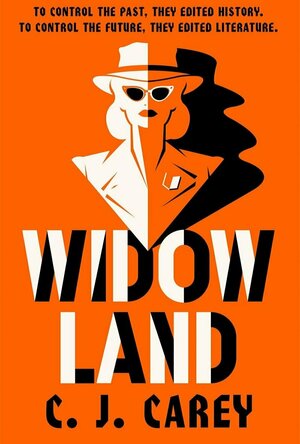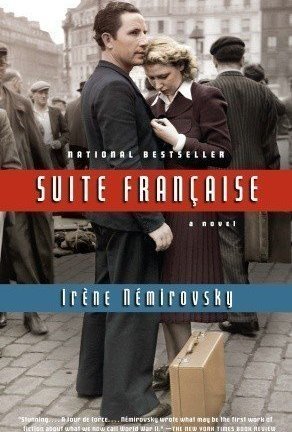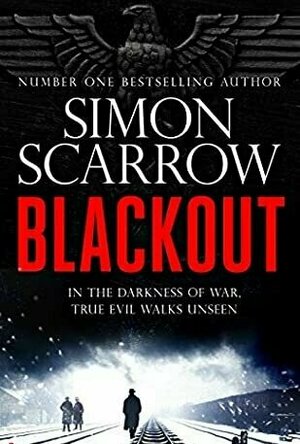Even though there’s a huge shortage of young men (they’ve been ‘shipped off’ to the rest of occupied Europe to ‘work’) and women greatly outnumber men, women are divided into categories, or castes. These depend on their age, heritage, reproductive status and physical characteristics, and each category is named after a significant woman in Hitlers life. Rose is a Geli, one of the elite. Young, beautiful, and most importantly, fertile.
I thoroughly enjoyed this and read it far too quickly. It had a black and white, 1950’s movie atmosphere about it, and I could easily picture the people and scenes in my head. It brought to mind The Man in the High Castle with regards to Occupation, and 1984 with regards to feeling as though you’re constantly watched - as well as the people being told how to react, think and live. This was especially evident in Rose’s job: she rewrites classics so that they’re in line with the regimes ideals: so no independent, strong females, and all the male leads are changed to Sturmbannführer (at least!).
The drudgery of everyday life made me think of how I envisaged life in the GDR - as well as only allowing state sanctioned literature, there was only one radio channel in Grand Alliance Britain, with some brave people listening to illegal foreign radio stations, knowing that this could result in extreme punishment.
When Rose goes to Widowland near Oxford (there are a few throughout the country) to find the source of a potential rebellion, she’s shocked to see older women living in abject poverty, only permitted to eat a subsistence diet and work menial jobs. But these women are intelligent, and they’re not happy in their state regulated lives. Between her reading of classic books and meeting these women, Rose begins to see what’s wrong with the world she has been living in, and this dawning realisation is so well described. We see how reading ‘subversive’ classics seems to get under her skin, and how she realises that the treatment of women is wrong in this Grand Alliance.
I could go on and on. I raced through this book, and I loved the ending, which came far too quickly!
Many thanks to Quercus for my copy of this book through NetGalley.

Sesli Sozluk Dictionary
Reference and Education
App
Sesli Sözlük has been established in 1999 and has been a leading dictionary in both Turkey and the...
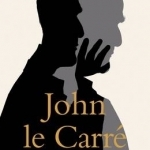
The Pigeon Tunnel: Stories from My Life
Book
'Out of the secret world I once knew, I have tried to make a theatre for the larger worlds we...
Ashley Catron (66 KP) rated Suite Francaise in Books
Mar 7, 2018
Overall, this book was incredible. I don't typically go for this type of book (war-themed), but I was intrigued and I'm so glad I gave it a chance. Irene Nemirovsky was a French-Russian who was writing these books while all of this was happening around her in France. While the characters in the stories are fictional, the emotions they feel and the thoughts they have are very real and very comparable to what others were feeling during this time. In the beginning, yoiu will find your heart racing as everyone flees their possessions, their livelihoods, their families, just to escape the Germans and the certain death they bring. Your breath will catch at the description of the sirens and the air raids, and you will be angry at these Germans for what they have done. However, in the second part, you will find yourself sympathizing with the Germans, even after the brutalities explained in the first part. You will find yourself thinking about the French and how torn they were seeing how kind and generous the Germans were, how the children loved them so, not understanding what horrors they had committed against others. Irene paints such a beautifully descriptive landscape that you will feel like you are experiencing all these accounts first hand. I would recommend this book to anyone who has an interest in war-era books, and even those who have never read it before.
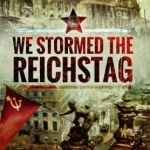
We Stormed the Reichstag
Book
In 1941 when Germany invaded the Soviet Union Vassili Subbotin was caught up as an ordinary soldier...
Modernism Rediscovered
Pierluigi Serraino and Julius Shulman
Book
The Master of Modern Discoveries from the Julius Shulman vaults The buildings burned in our...

The Girl You Left Behind
Book
The Girl You Left Behind is a hauntingly romantic and utterly irresistible new weepy from Jojo...
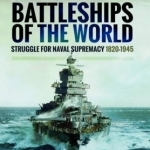
Battleships of the World: Struggle for Naval Supremacy 1820 - 1945
Book
The battleships of the world's navies in the 1820s were descended directly in line from the Revenge...

Leonardo’s Cat
Entertainment and Games
App
A contraption-packed, brain-teasing puzzle game featuring the voice of Patrick Stewart (Star Trek,...
I also tend to find 'book club picks' to be rather off-putting; generally finding those I have previously read to be rather tedious and just not generally all that interesting (while able to admire the literary sophistication of the works).
This is both a crime fiction novel, and a 'Richard and Judy book club pick', so that would - normally - have been 2 marks against picking it up, in my books.
However, I have read - and generally quite enjoyed - most, if not all, of Simon Scarrow's other works - in particular his Cato and Macro series - so, when I saw this on a Kindle deal for something like 99p, I thought to myself 'why not?'.
And, I have to admit, I did actually quite enjoy this.
Set in 1939 Berlin just at the start of WW2, I found this to be unusual in that it told the story from the Point of View of a German criminal inspector - most WW2 novels (that I am aware of) usually feature either American or Brits as their main protagonists - who is not a member of the Nazi party: a fact that, here, is usually held against him but is also the reason he got handed the assignment as he has no links to any factions within the party.
It's both a very different time and 'headspace' than modern sensibilities; interesting to see how the man-on-the-street could have viewed the headline events of the time. As someone from Northern Ireland, there's also aspects of the novel that hit frighteningly close to home for me ...
